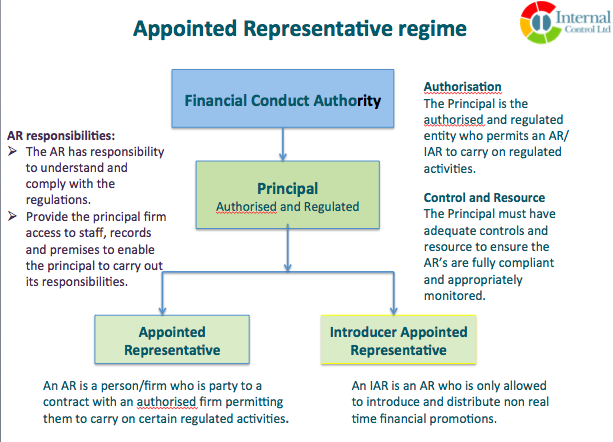May 25
20160
commentsAbout Internal Control Ltd
Governance, Risk and Compliance
We are a risk and compliance consultancy providing regulatory support to Intermediaries, Lenders and Consumer Credit firms who require assistance in preparing for authorisation with the FCA. Internal Control Ltd provide policy governance, risk management, compliance monitoring, controls assurance and audit services.


